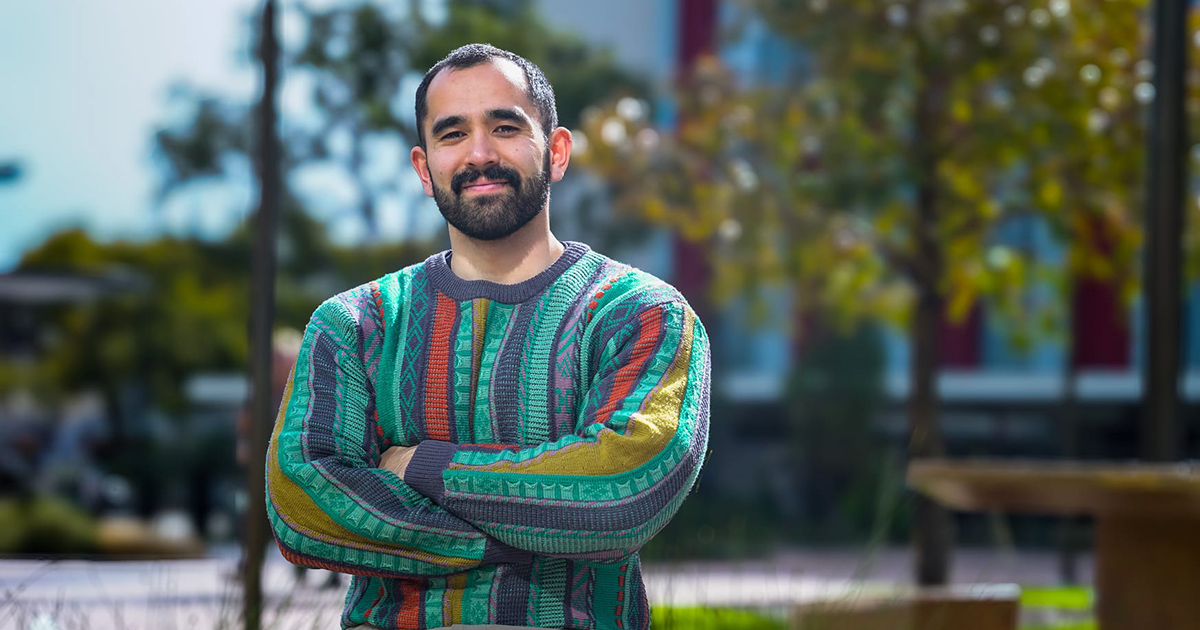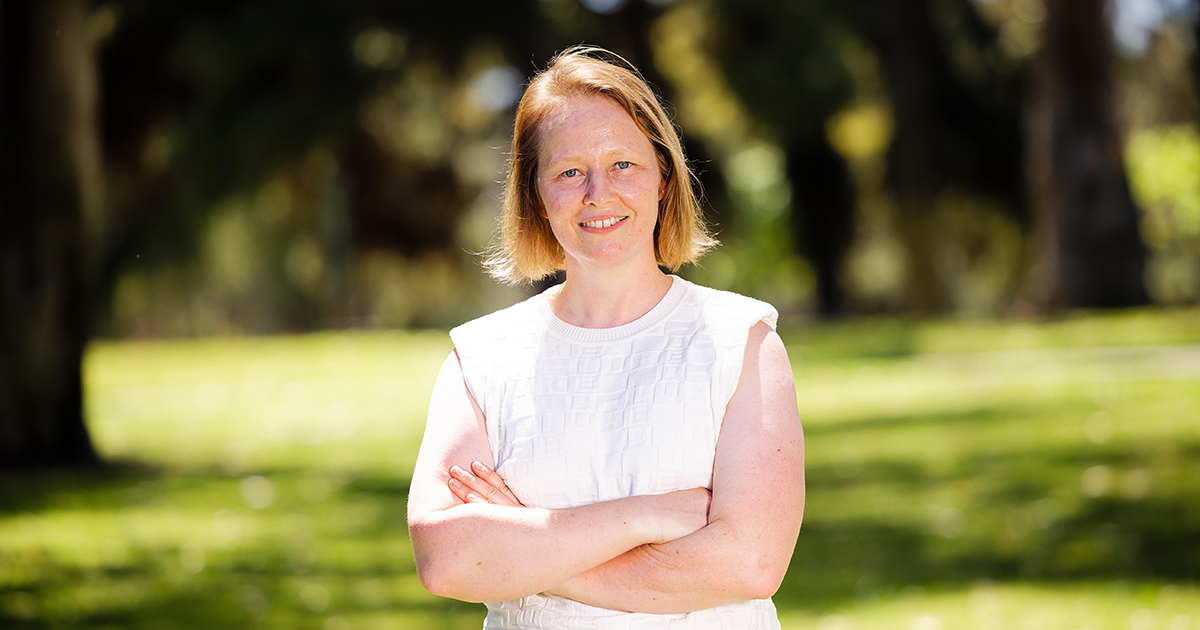Search



Ruby Age 16. Youth advocate, project community member. Research is important, it provides evidence for care and treatment. Without

Maddie Age 20. Trial participant, project community member, volunteer. Without input from the community, we can't see how our research

Scott Dad of two, Riley and Georgia. Project community member. Any contribution I can make through community involvement at the

News & Events
$1.5 million funding advances translational research outcomes in early childhood and family healthORIGINS, the largest longitudinal cohort study of its kind in Australia, delivered in partnership between The Kids Research Institute Australia and Joondalup Health Campus, has received $1.5 million funding from the Minderoo Foundation.

News & Events
Major funding boost accelerates fight against malariaResearch to eliminate one of the world’s deadliest diseases – malaria – will be accelerated thanks to a USD $4.7 million grant from the Gates Foundation for scientists at The Kids Research Institute Australia and The University of Western Australia (UWA).

News & Events
Aspire Award funds global learning opportunityDr Renee Ng, a microbiologist specialising in bacteriophage therapy – an alternative to antibiotics to fight antimicrobial resistance – will travel to the world’s premier conference on viruses, bringing new ideas, connections and expertise back to Perth.

News & Events
Three-year Fellowship to support regional NICU dadsDr Vincent Mancini, a Senior Research Fellow at The Kids Research Institute Australia, has been awarded a prestigious three-year Fellowship to develop and implement an intervention to support the welfare of regional WA fathers and families in the neonatal intensive care unit (NICU).

News & Events
Major grant supports innovative infant lung health studyA ground-breaking global clinical trial to improve the lifelong lung health of children born extremely prematurely has been awarded a Medical Research Future Fund (MRFF) International Clinical Trials Collaborations Grant totalling almost $3 million.
